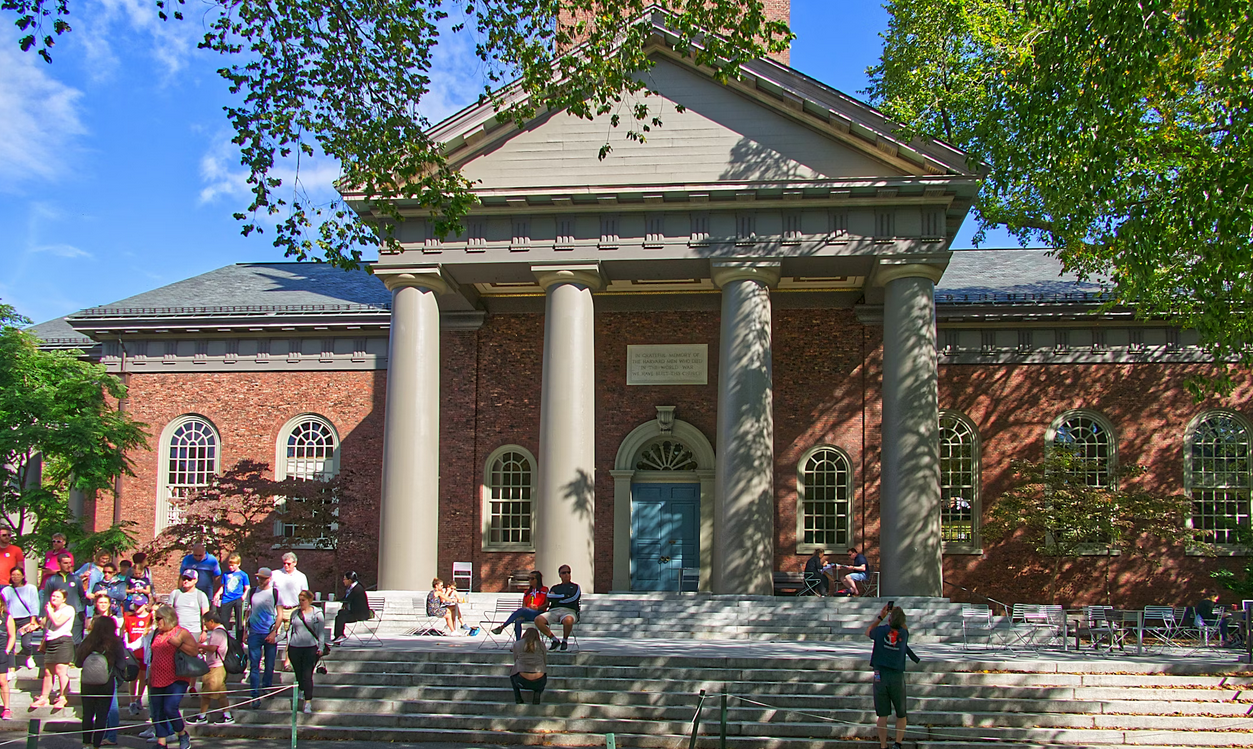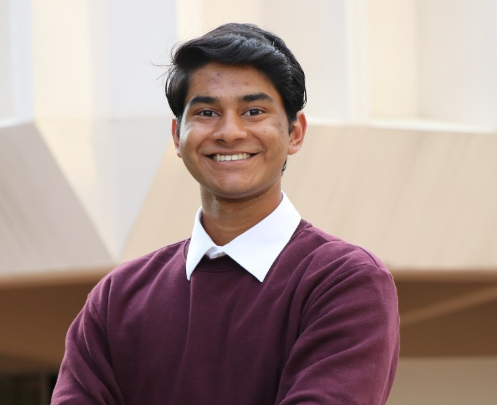
Experienced UIUC graduate student specializing in Math, Computer Science, and Writing
Availability:
Every day, 10:00am-10:00pm PST
Subjects:
Math
Computer Science
Writing
Students Ruling Out Colleges Based on Unacceptable Politics
Last Updated:
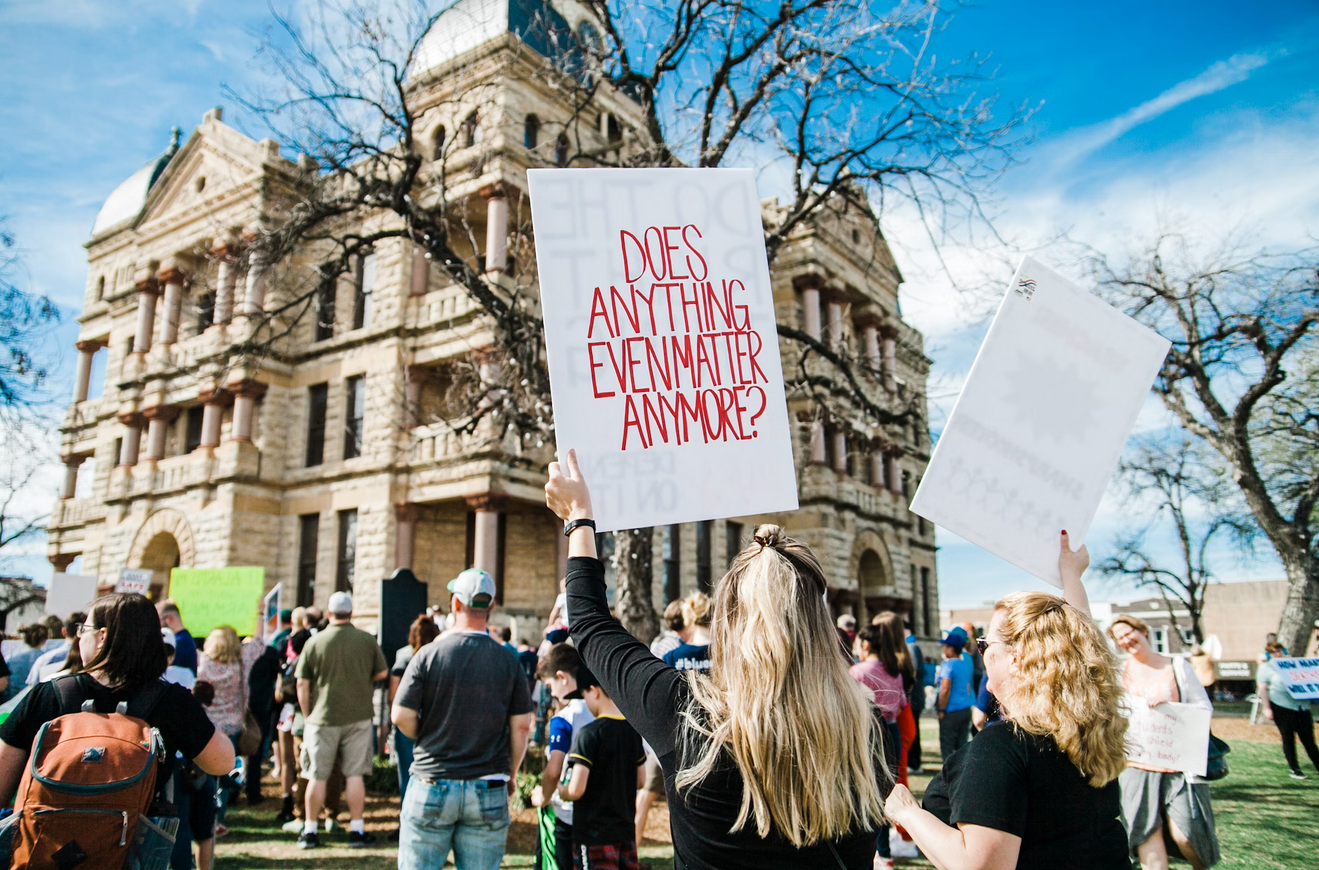
- Applications to the Ivy League schools plus M.I.T, Duke University, University of Chicago, and Stanford have tripled since 2002 to almost 600,000 total
- As some universities drop standardized testing and students go to elite prep programs to get high scores, students will have to stand out based on essays and extracurricular activities
- Even though fewer jobs require four-year degrees and state schools are great, top schools still draw the most attention from researchers and innovative companies
For many young people, college is a rite of passage into the world of intellectual labor and movements. While you have little to no agency as a student in the K-12 system, being a university student is the exact opposite. So many events and ideas are flying around campus all the time that you can easily lose yourself as you desperately try to avoid FOMO. When I was interviewing for colleges, one of the alumni I met told me they actually felt depressed during their first year because of how many opportunities to try new things he was missing, even though his day planner was full from 6am to 10pm, 7 days a week.
When societies begin to experience fundamental shifts in their culture, college campuses are often the first places you can observe it. Young people studying under highly educated researchers are exposed to ideas before the rest of the world, and they experiment with being the first — and sometimes strongest — advocates for those ideas. Climate change mitigation, military divestment, international conflict resolution, civil rights, and better reproductive health policies have all been the focus of college campus protests this year.
How many students are thinking about politics in their college decisions?
As of March 2023, 1 in 4 students have ruled out colleges solely due to political or legal situations where the school is located. This was before over 500 pieces of legislation were introduced this year to add new restrictions to reproductive health rights, diversity initiatives, and LGBTQ+ equality. 60% of prospective college students across all backgrounds say that these new abortion restrictions would have an influence on their choice of college.
Political affiliation, gender, race, household income, and location were all factors that did not play any significant role in predicting whether a student was more or less likely to rule out a college on political or legal grounds.
The polarization that exists throughout our general political environment right now permeates into student culture, including the desire to be in an academic environment that socially and politically aligns with their values. California and New York were most often ruled out by conservative-leaning students, while Alabama, Texas, and Florida were most often ruled out by liberal-leaning students. No surprises there.
What political positions are students ruling out in their college decisions?
Most interesting is that, when liberal and conservative students were asked about their top reasons for ruling out a school in a state, both groups mostly pointed to a general sense that the state was “Too Republican” or “Too Democratic” more than a specific policy issue, although liberal students tended to indicate those more often than conservative ones.
Students aren’t looking too deeply at how their educational journey might be impacted by different state policies, with most of their concerns centering around the general cultural environment they’d be living in.
Liberal students feel concerned about abortion and reproductive rights, racial equality, LGBTQ+ rights, mental health support, and gun restrictions being undervalued in the states they call “Too Republican.”
Conservative students feel concerned about LGTBQ+ laws and reproductive rights being too liberal, with an additional fear that conservative perspectives are systematically squashed in states that are “Too Democratic.”
What is the role of free speech in working out political differences on college campuses?
Many students who enroll in college are eager to challenge speakers and professors who hold beliefs they find issues in, with many professors even encouraging a skeptical attitude as a way to explore the world and push back on stale ideas. However, free speech is a much more complicated
UC Berkeley, home of the 1964 Free Speech Movement, ironically has some of the most controversial debates about blocking radical speakers who promote toxic ideologies that would compromise free speech. When I was in high school, there was a lot of controversy over conservative speakers like Ann Coulter and Milo Yiannapolous coming to deliver speeches. Students would try to shout over speakers and disrupt their ideas, sometimes leading to the university getting involved with considerations about security measures.
And to be fair to their perspective, there was a prevailing sense that many speakers were trying to make appearances at Berkeley just for the media attention from the controversies rather than engage in discussion. After all, lots of California universities still employ faculty and researchers who have conservative beliefs. John Yoo was a lawyer with the George W Bush administration, and now he teaches at Berkeley’s law school. Stanford University is home to the Hoover Institute and conservative intellectual giant Thomas Sowell.
However, writers like Coulter don’t make academic contributions as much as political rhetoric that serves their agenda, often with lots of questionable claims that would never pass an academic peer review. Political differences can definitely be mediated through academic discussions, but many of these conversations simply aren’t academically-grounded enough.
What is the role of protesting in political differences on college campuses?
Protesting has always been a controversial tactic.
When done gently, it has the effect of raising awareness of an issue, especially for those who aren’t regularly keeping up with the news. The image of a crowd uniting behind an issue and making their voices heard can be a powerful one, especially for people who haven’t made up their minds and decision-makers who are trying to gauge public support for a solution.
When I was at UC Irvine, we had peaceful protests against our Associated Student government body because of significant influence from conservative groups to dramatically change funding priorities away from student health and housing needs.
Many students were tuned out of the election since the COVID pandemic was an active disruption at the time as well, but when the student government called the police on peaceful student protestors, it greatly angered people who were previously disengaged. The election that year changed the entire government with a landslide.
However, these kinds of protests rarely make successful change since they don’t often outline clear steps individuals can take to remedy the issue beyond loudly complaining. Many people will simply tune that out, or worse, become less supportive of solving an issue because they’re annoyed by the protests.
In the case above, protestors had a clear, simple step they wanted people to take: just vote them out. This was targeted at the student government center rather than disrupting classes or university administration, so no one outside of the student government was bothered. This isn’t often the case with other protests.
When we have complex issues like divestments due to international conflicts like Israel and Palestine, it becomes much harder to advocate for a solution that people will remember. Instead, students get pushed into one of two sides and aggressive confrontations can emerge.
One of the protests at UC Irvine over this conflict involved a walkout, where students would refuse to attend class until the university acted to drop their financial investments. When some students decided to go anyway, a few protestors aggressively tried to stop them, leading to physical altercations.
One of my friends at Columbia University is sympathetic to their recent divestment protests and sit-in on campuses, yet still found herself concerned for her own safety around them. She believed, like many students, that police were called to campus to disrupt the protests against students’ rights to free speech and assembly. But when she needed to get to her own classes through hostile-seeming protesters, she felt forced to ask police officers to escort her to class.
How do outside forces agitate the culture war on college campuses?
Beating up on colleges isn’t a new political tactic at all. Young adults do all kinds of dumb experimental things that older generations disapprove of, often forgetting all the dumb experimental things they did in their time as well. This pattern dates back to Ancient Greece, with renowned older philosophers complaining about the youth lacking morals and decency. President Ronald Reagan used to claim that no matter where he went in the United States, he would always be asked “what are you going to do about Berkeley?”
I’ve strongly felt at times that the real battle isn’t between two different sides on campus, but rather college being treated as a political prop in the public debate. When academic findings contradict a political agenda, it becomes very common for the nature of academia to come under attack.
Conservative will accuse academia of having liberal biases and promoting social theories that aren’t grounded in science, but rather the contradictory feelings of inexperienced students.
Liberals will accuse academia of being elitist and dominated by conservative forces like private sector funding and excessive traditionalism that reinforces barriers to access for everyone, such as legacy admissions.
In fact, earlier this year, a Berkeley professor made a comment on a class forum webpage called Piazza that suggested women in the Bay Area don’t make good dates, and that students should look beyond for partners. While inappropriate, this small incident became the center of a news cycle motivated by conservative media alleging that this was a sign that liberal policies had destroyed cultural norms that lead to healthy relationships in the Bay Area. To many, “Berkeley” means the same thing as “liberal” or “leftist.”
What does increasing polarization mean for American colleges?
Unfortunately, we’ve crossed a significant tipping point amidst these culture wars on college campuses. In 2015, the majority of Americans had at least “quite a lot of confidence” in the higher education system to be a valuable source of instruction for young people. More recently, only 36% say the same.
Some argue that this is a deliberate tactic from groups to reduce the credibility of academia in the eyes of the public, so that privately funded research and even blatant misinformation can spread more easily. Consider the conservative nonprofit PragerU, an online media group that regularly targets real universities with misleading and incorrect claims about their policies. PragerU ads feature prominently in YouTube videos, especially those viewed by impressionable young children. I’ve been getting their ads since I was in high school, even if I was just looking at educational resources my teachers linked me.
Others think higher education is an elitist legacy institution that is extremely slow to respond to the needs of its broader social environment. Politicians on both sides of the aisle have begun to criticize the social expectation of a four-year degree, with the Trump administration cutting the requirement for many federal jobs and Vice-President Kamala Harris claiming that degrees do not necessarily reflect skills. Companies like Google and Tesla have deemphasized the value of college degrees in their hiring processes.
The long-term consequences of ignoring the value of higher education is a society that neglects training its youth to push the boundaries of knowledge and innovation. Maybe the first step to fix this has to come from higher education itself and their own neglect of everyday Americans who don’t understand what their tax dollars are funding. When all they have to rely on is the news cycle, all they see are protests and controversies instead of incredible research that can save and improve lives across the world.
Related Articles

How Oil Companies Built a Pipeline into Universities
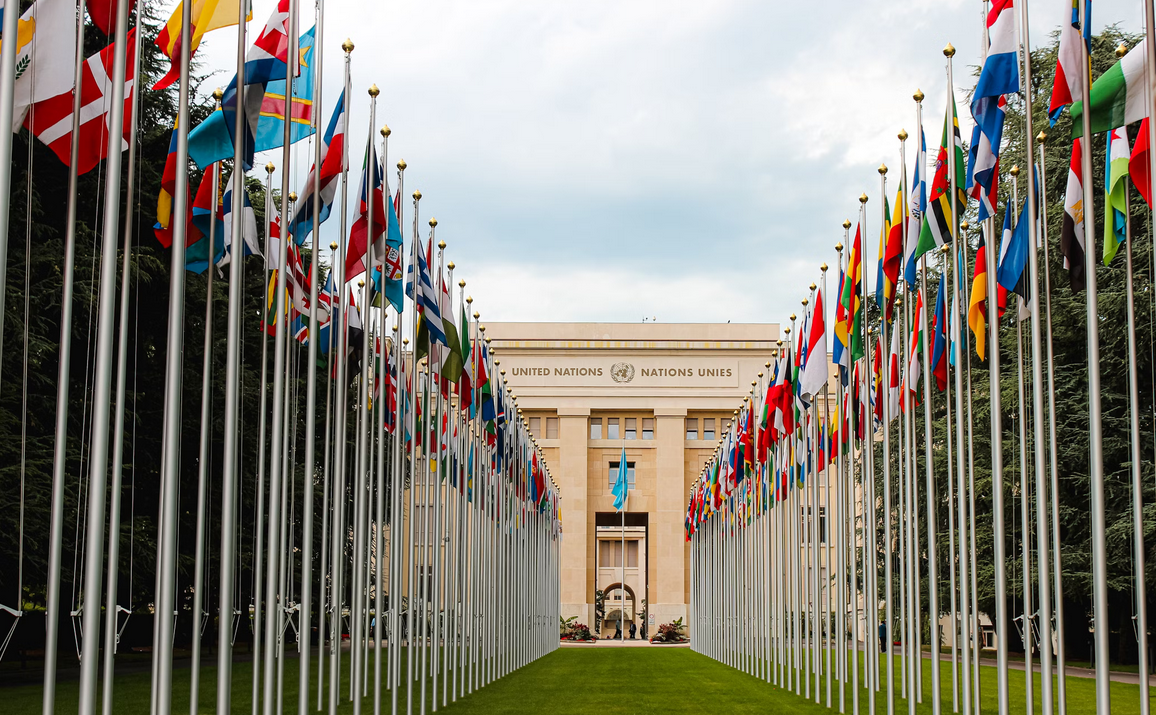
International Conflicts are Slowing Down Research Projects
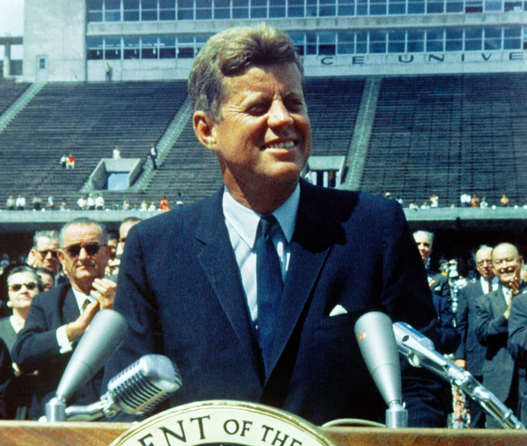
The Rise and Fall of Affirmative Action
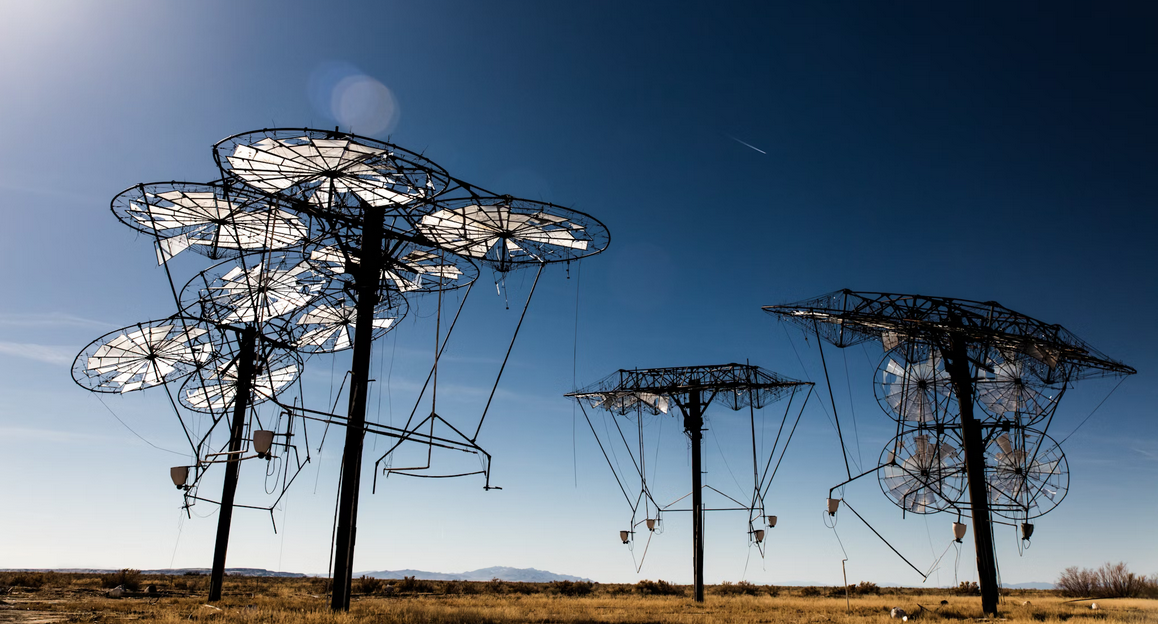
Why the Military is Ramping Up Funding for Colleges

International Students are Enrolling in the US at Fastest Rate in Decades
